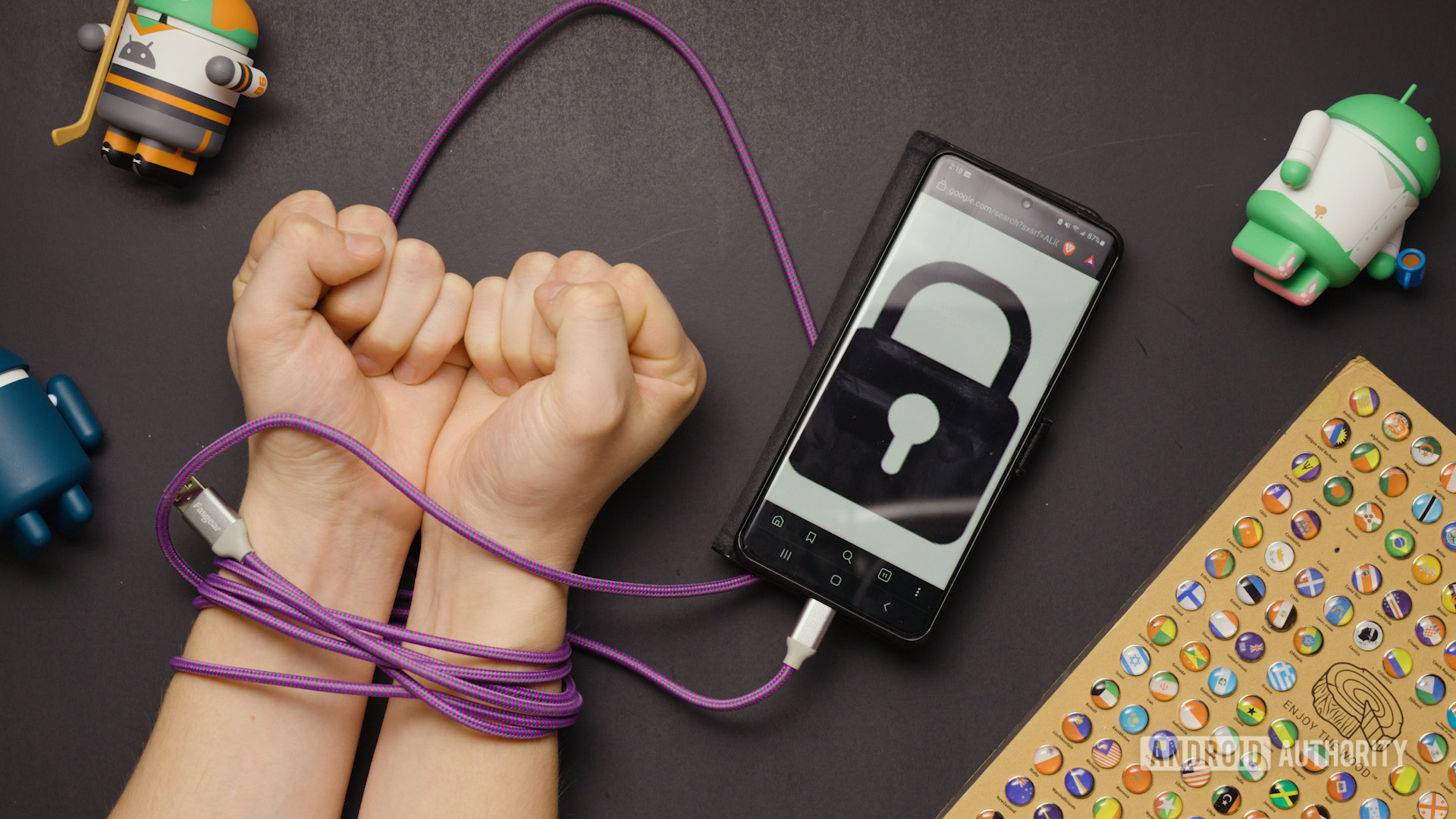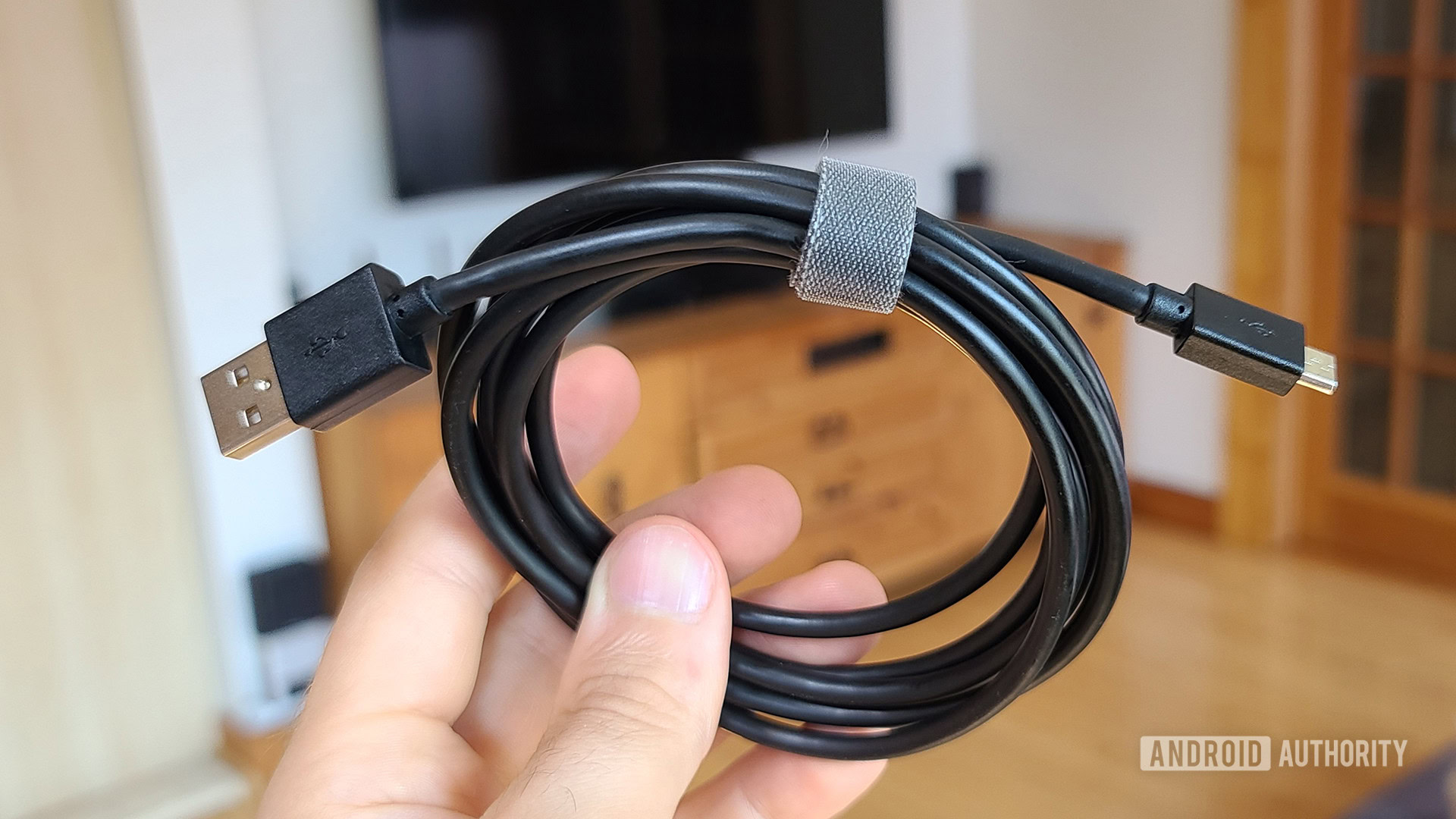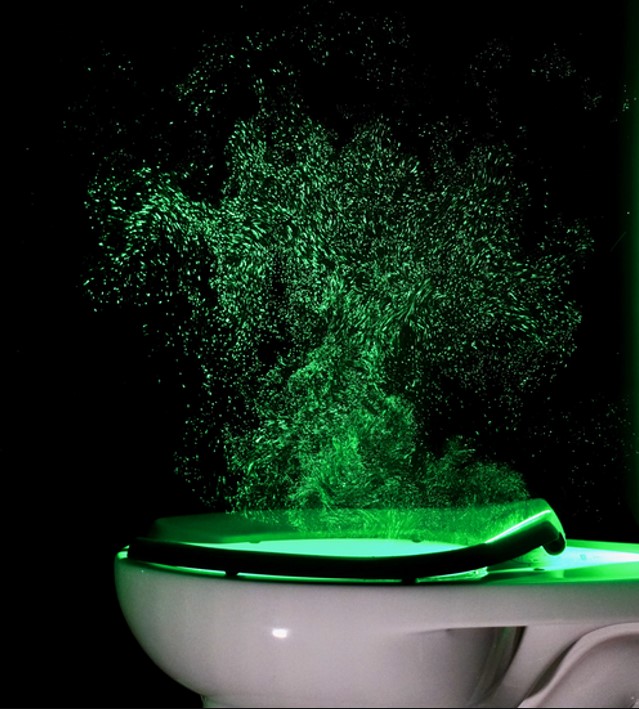Affiliate links on Android Authority may earn us a commission. Learn more.
Daily Authority: 💻 USB cable length matters
Published onDecember 13, 2022

⛄Good morning and welcome to Tuesday’s Daily Authority. It’s currently -8 here in Scotland, though strangely, that means it’s too cold for snow. I’d rather have the snow!
How long can USB cables be?

If you’ve ever wondered just how long a USB cable can be, now’s the time to find out. Our Zak Khan dove deep to answer the question.
“The maximum length of a USB cable depends on which version of the USB standard it’s designed for and whether it’s an active or passive cable. Note that the style of connector, such as USB-A or USB-C, does not necessarily indicate its version or its maximum length. Here are the maximum lengths a passive cable can be depending on the version of USB they’re designed for”:
- USB 1.1: 5 meters (16 feet)
- USB 2.0: 5 meters (16 feet)
- USB 3.0: 2-3 meters (6.5 feet — 9 feet, 10 inches)
- USB 3.1: 3 meters (9 feet, 10 inches)
- USB 3.2: 3 meters (9 feet, 10 inches)
- USB 4: 0.8 meters (31 inches)
Don’t forget that just because a manufacturer claims their cable works with various USB standards, doesn’t necessarily mean it’s true. If a cable’s exceptionally cheap but claims to meet high-speed specs, be wary. It’s always better to buy from a reputable manufacturer with good reviews.
Why is there a max length?
- As well as active and passive USB cables, other factors like the thickness of the cable’s metal conductors are at play.
- If your USB cable’s also sending HDMI, DisplayPort, Thunderbolt, or other signals, that’s also a concern.
- Because passive cables don’t amplify signals, a longer cable means signals sent will be weaker.
- That means if your cable’s too long (or too long and too thin), data loss and slower speeds are likely.
- A longer cable run can also increase the risk of noise from other devices overwhelming data signals.
- Zak explains: “Then there are other, even more highly-technical problems like clock jitter, which start rearing their head the higher speeds and data transfer rates get.”
- With active cables — ones that contain circuitry that amplifies signals — length is slightly less of an issue, as the stronger signals can travel farther without degrading.
- You’ll pay more for an active cable, though, and they’ll sometimes come with their own power supply.
Exceeding the max cable length
You can extend active cables out to a specific level:
- This is usually 30 meters (98 feet) for USB 2.0
- For USB 3.0, 3.1. and 3.2, this is around 18 meters (59 feet).
- Active USB 4 cables are still being introduced but currently reach around 3 meters (9 feet, 10 inches).
- Or you could just use a powered USB hub, which connects to a USB port, and connect your longer cables to the hub.
- If this still doesn’t work for you, check out some of Zak’s other suggestions over in the feature.
- For advice on USB-C cables, check out our guide to USB-C as well as our roundup of the best USB-C cables for charging your devices.
Roundup
🌍 Samsung Good Lock is finally available in more countries: If you’re in Europe, Latin America, and a couple of Asian countries, you can now find the apps in the Galaxy Store (Android Authority).
📱 OnePlus’ upcoming affordable flagship might win hearts with these two features (Android Authority).
🙌 Ad blocking in Chrome is safe again — at least until next March (Android Authority).
💲 Bad news for Pixel owners: Google Store drastically cuts trade-in value of Pixel phones to no more than $205 (9to5Google).
👆 Google Lens just became slightly less accessible on Pixel phones — you can still access it, but it’ll take a few extra taps (XDA-Developers).
🔐 RIP Passwords? Passkey support rolls out to Chrome stable, with a huge list of caveats (Ars Technica).
❓ Vote in our poll: Do you know your partner’s phone PIN code? (Android Authority).
⚡ You told us: Your phone charging times vary wildly (Android Authority).
😲 Elon Musk gets viciously booed by stadium crowd at Dave Chappelle show (Gizmodo).
💻 Screen time linked to increased odds of preteens developing OCD, study says (The Independent).
🎮 Amazon Prime’s giving out free games, including Dishonored 2, Brothers: A Tale of Two Sons, original Quake, and more (Kotaku).
Tuesday thing
Next time you use a public restroom, we guarantee you’ll think about this…
- We know that toilets spray when flushed, propelling aerosolized poo, water, and even viruses into the air.
- Now scientists at the University of Colorado at Boulder have made this visible.
- The team used continuous and pulsed green lasers and cameras to create a thin, vertical sheet of bright green light aimed at the toilet.
- This sheet lit up and revealed the aerosol spray after a commercial toilet was flushed.
- You can read more about the team’s results in the paper “Commercial toilets emit energetic and rapidly spreading aerosol plumes,” published in Scientific Reports.
- Researchers discovered the “strong chaotic jet” can reach nearly 5 feet (1.5 meters) in height, with a peak velocity of 6.6 feet (2 meters) per second within eight seconds after the flush is activated.
- Larger particles (for the study, this was 5 to 10 micrometers) will fall out of the vapor cloud more quickly.
- Smaller particles can linger in the air or settle on bathroom surfaces.
- Ewww.
Have a great Tuesday!
Paula Beaton, Copy Editor.
